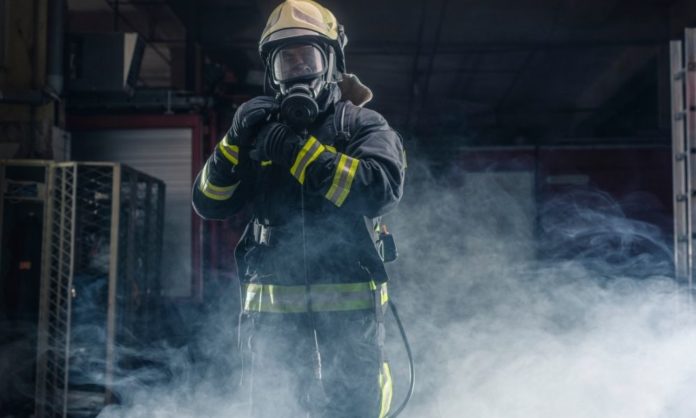Communities rely on their fire departments to put out fires and provide first-response medical services. If you’re looking to become a fire fighter, it’s important to know the personnel training and development required for the job. Being a firefighter is undoubtedly a rewarding but hazardous and challenging occupation. Explore the fundamentals of becoming a firefighter and what you need to know about the field before embarking on this meaningful and high-risk career path.
1. The Main Duties
A firefighter puts out fires, protects property, and provides emergency medical care. Firefighters are the first line of rescue for people and animals in emergency fire situations. Community firefighters also educate the public about preventing and managing fire hazards.
2. Required Training
Aspiring firefighters must enlist in a fire academy for training. Most fire academies require a student to meet the following criteria:
- Minimum age of eighteen (sometimes 21, depending on the state)
- High school diploma or GED (some departments require an associate degree)
- Demonstrate the required level of physical fitness
- Pass the Candidate Physical Ability Test (CPAT) written exam and skill test
Once admitted into a fire academy, you’ll learn how to extinguish fires, mitigate disasters, and safely rescue people and animals. Firefighters also practice continuous education throughout their careers to maintain skills through on-the-job training. Driving a fire truck or ambulance also requires additional training for an operating license.
3. The Career Outlook
Communities inherently require a fire department to ensure the safety of citizens and property. Employment opportunities in the firefighting profession are most abundant in highly populated locations, especially those near woodland areas. Firefighters who want to move up in the field can progress into federal and state government opportunities.
4. The Salary Potential
According to the Bureau of Labor Statistics, the median annual wage for firefighters ranges between $50,000 to $90,000 per year. The salary requirements vary by department and often depend on previous work experience. Firefighters earn more when they progress into higher-level administrator roles, such as fire chief or inspector.
5. Making a Final Decision
Making a final decision about pursuing firefighting requires careful evaluation of your potential and specific values for a long-term career. Individuals who possess mental stamina, physical strength, and a desire to help the community thrive the most in this profession. Firefighters occupy every community, so be sure to take advantage of communicating or even inquiring about volunteering at your local fire department to gain hands-on experience.








